Nicholas Phan, Michael Leopold, Ann Marie Morgan - A Painted Tale (2015)
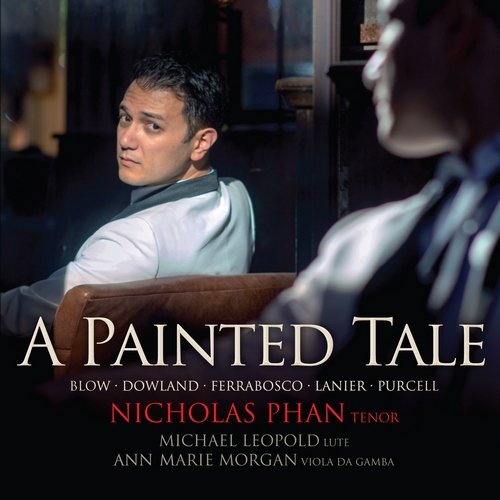
Artist: Nicholas Phan, Michael Leopold, Ann Marie Morgan
Title: A Painted Tale
Year Of Release: 2015
Label: Avie Records
Genre: Classical, Vocal
Quality: FLAC (image+.cue,log,scans)
Total Time: 69:39
Total Size: 338 Mb
WebSite: Album Preview
Tracklist: Title: A Painted Tale
Year Of Release: 2015
Label: Avie Records
Genre: Classical, Vocal
Quality: FLAC (image+.cue,log,scans)
Total Time: 69:39
Total Size: 338 Mb
WebSite: Album Preview
Introduction
Thomas Morley (1557/8–1602)
[1] A Painted Tale
The Tale
Henry Purcell (1659–1695)
[2] O solitude, my sweetest choice! Z406
Robert Johnson (1572/3–1637)
[3] Have you seen but a bright Lily grow
John Blow (1648/9–1708)
[4] Fairest work of happy nature
[5] The Self Banished
Nicholas Lanier (1588–1666)
[6] Fire, fire
John Blow
[7] O turn not those fine eyes away
Henry Purcell
[8] Sweeter than roses Z585 No.1
[9] She loves and she confesses too Z413
Nicholas Lanier
[10] No more shall meads be deck’d with flowers
John Dowland (1563–1626)
[11] My thoughts are winged with hopes
John Blow
[12] Of all the torments, all the cares
John Dowland
[13] Can she excuse my wrongs
Henry Purcell
[14] Not all my torments can your pity move Z400
Alfonso Ferrabosco (c.1575–1628)
[15] So, so, leave off this last lamenting kiss
John Dowland
[16] In darkness let me dwell
[17] Now, O now I needs must part
[18] Come, heavy Sleep
Nicholas Lanier
[19] Stay, Silly Heart, and do not break
Henry Purcell
[20] Evening Hymn Z193
Performers:
Nicholas Phan tenor
Michael Leopold lute
Ann Marie Morgan viola da gamba
The songs of late Renaissance and early Baroque England have been sliced and diced in various ways in concert and recorded programming, but the configuration here seems to be unique. The tenor Nicholas Phan, from Ann Arbor, Michigan, devised the program himself: pointing out "how little human experience has changed over the centuries" and that Dowland's melancholia had much in common with the Romantics' veneration of the lovesick solitary hero (both debatable ideas, but both stimulating), he assembles what he calls a pastiche song cycle from compositions by Purcell, Dowland, John Blow, and other lesser-known lights. Phan's reflections on how he came to this repertory as a student at Michigan's Interlochen summer music camp ought to be exemplary for other artists who too often simply submit prize lists in lieu of biography. He convinces listeners of his emotional investment in the music, and his voice is attractive indeed. Phan's other two recordings thus far have been of music by Britten, and he's to be commended for picking chamber-sized repertory that fits his voice; this recording really makes you want to hear him tackle Schubert. The album's title comes from the "meta" madrigal by Thomas Morley that opens the program; the song cycle follows, modeled loosely on Schubert's Die schöne Müllerin, D. 795 (boy meets girl, boy sort of gets girl, boy loses girl to guy with gun, boy commits rather abstract suicide). The pastoral themes readily find counterparts in the music of the 17th century, and really Phan succeeds brilliantly in stripping away the conventions in the music and poetry and getting you to hear it with some of the directness its original audiences might have experienced. Phan goes beyond simply ordering songs; he puts together music (Purcell is the outlier) that wouldn't have been put together in its own time, and although he's correct that both lute and viola da gamba were used to accompany this music, using both at the same time is an ahistorical step, and one wonders whether it was necessary. But the impact of the whole is such that listeners will have to cut him some slack. A major step in the interpretation of early English song, beautifully recorded by Avie at Skywalker Studios in California.

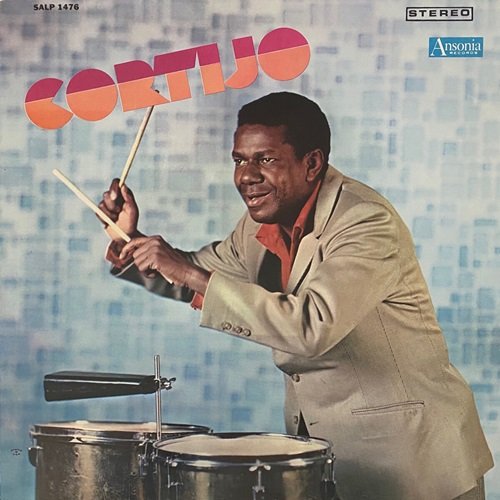
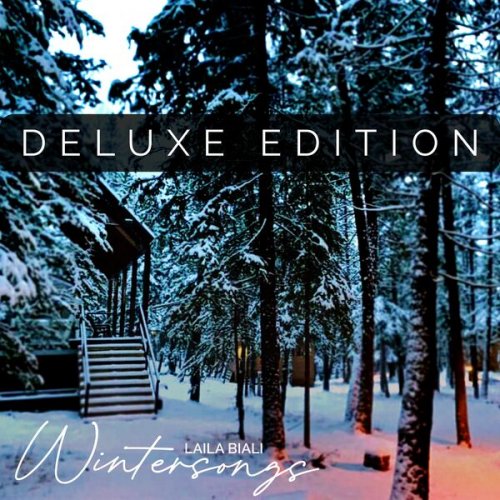
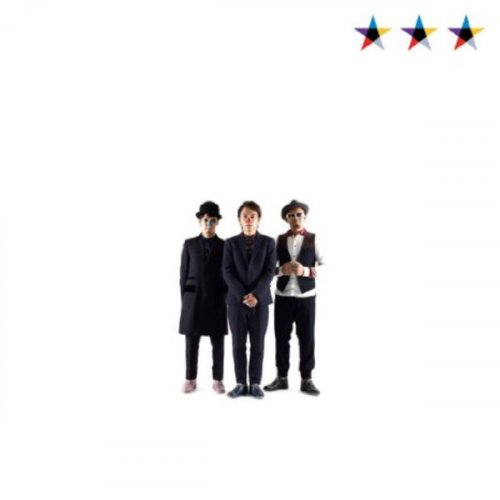
![The Voros Collective - Intercontinental Man (2026) [Hi-Res] The Voros Collective - Intercontinental Man (2026) [Hi-Res]](https://www.dibpic.com/uploads/posts/2026-03/1772344932_cover.jpg)
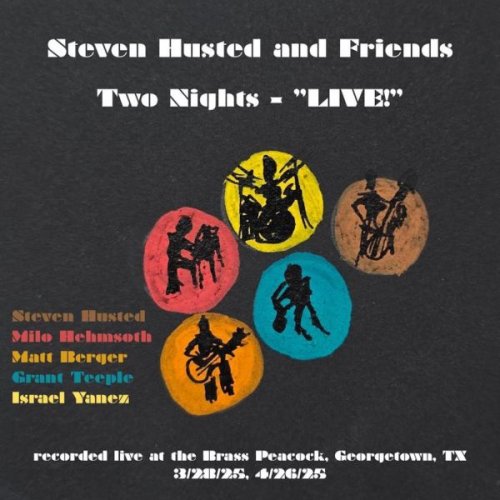
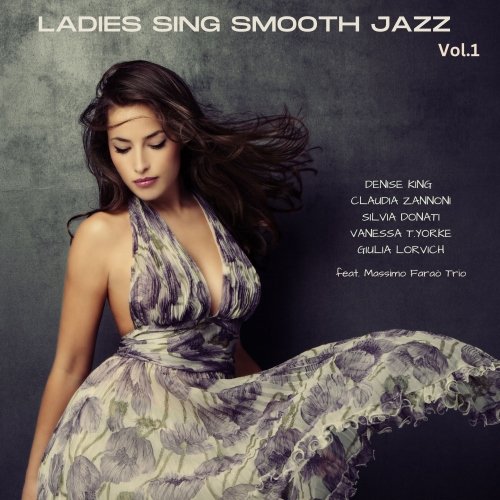
![Julius Hemphill - Dogon A.D. (Remastered) (1972/2026) [Hi-Res] Julius Hemphill - Dogon A.D. (Remastered) (1972/2026) [Hi-Res]](https://www.dibpic.com/uploads/posts/2026-03/1772427281_cover.png)
![Herminio Bello De Carvalho - Hermínio Bello de Carvalho 90 (2026) [Hi-Res] Herminio Bello De Carvalho - Hermínio Bello de Carvalho 90 (2026) [Hi-Res]](https://img.israbox.com/img/2026-03/01/7d9otuo4k41izuhqy3mc75spu.jpg)